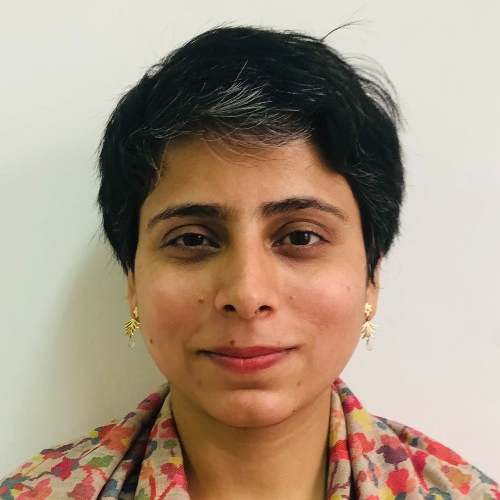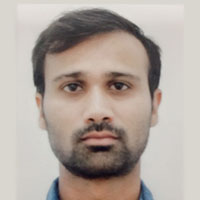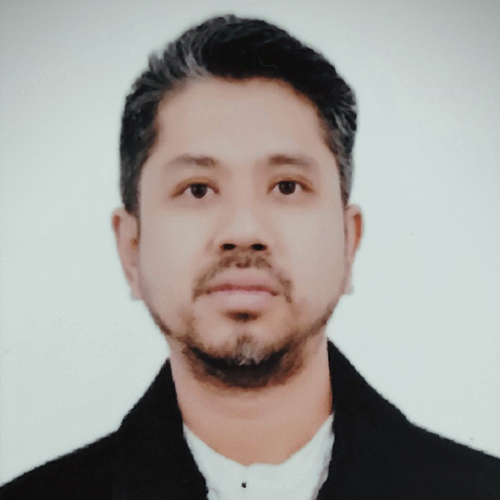Need to build a good coalition to combat ISIS
There is a great traction amongst western countries on building up a coalition to tackle ISIS, but the big question is which countries in West Asia would be able to synchronise western goals with theirs? While the US and its NATO allies, along with France and Australia have been assisting the Kurdish peshmerga, the list of Arab countries willing to work with the West-led coalition is unclear.
- Rohit Pattnaik
- September 09, 2014








